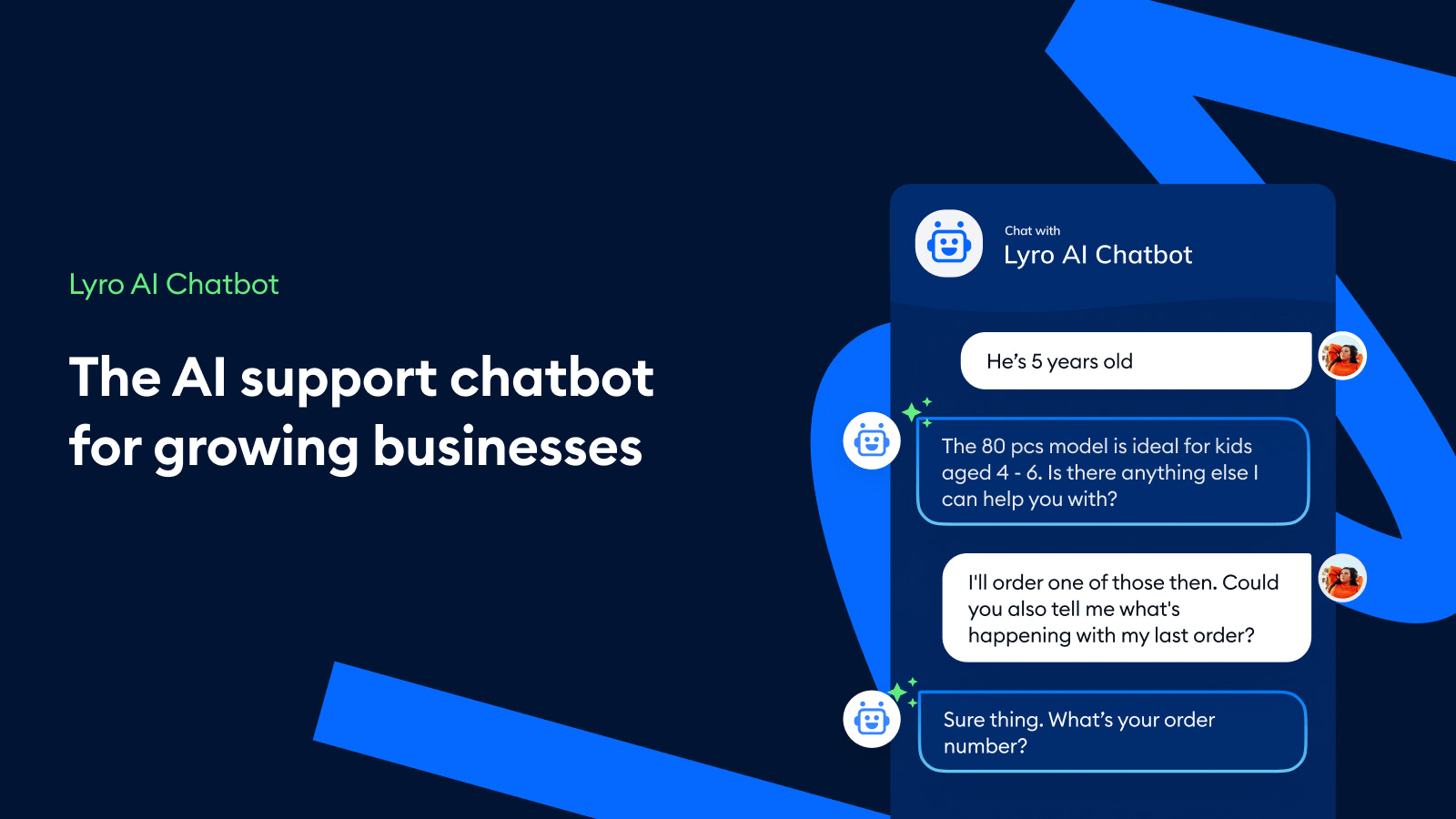Tidio AI Chatbots for Website Support | Analysis
Accessible AI chatbot solution for SMBs
Tidio positions itself as the accessible AI chatbot solution designed specifically for small to medium businesses seeking rapid customer support automation without enterprise complexity. The platform's Lyro AI agent handles 75%-89% of customer inquiries autonomously[12], making it particularly effective for e-commerce businesses, Shopify stores, and SMBs requiring 24/7 customer coverage with minimal technical overhead.
Market Position & Maturity
Market Standing
Tidio competes against enterprise leaders like IBM watsonx and Zendesk through pricing accessibility rather than feature depth[17][19], while differentiating from SMB specialists like Botpress and Intercom through Shopify-specific functionality and AI training flexibility[18][19].
Company Maturity
The platform demonstrates operational stability through documented enterprise case studies including implementations achieving 70% self-service resolution rates[12][20].
Industry Recognition
Available research indicates growing adoption in retail and e-commerce sectors, though specific analyst recognition, awards, or third-party validation metrics require additional verification.
Strategic Partnerships
The platform's Shopify ecosystem integration suggests strategic partnership positioning within established e-commerce infrastructure[20].
Longevity Assessment
Tidio's freemium business model and documented customer success cases indicate sustainable market positioning, particularly given the projected AI chatbot market growth toward $31.11 billion by 2029[17].
Proof of Capabilities
Customer Evidence
Cove Smart achieved 70% self-service resolution rates through Tidio implementation[12][20]. Nissan Saudi Arabia documented 138% lead increase and 71% user growth through WhatsApp chatbot integration[12].
Quantified Outcomes
Documented deployments consistently show Lyro AI handling 75%-89% of customer inquiries without human intervention[12]. Cost efficiency metrics demonstrate $0.25 per AI interaction versus $5.50 for human agents[11].
Case Study Analysis
Bella Santé case study reveals complex ROI dynamics with initial $220,000 investment generating measurable customer engagement improvements[12].
Market Validation
Customer adoption patterns show documented success across e-commerce verticals, with cases demonstrating 138% lead increases and 71% user growth in WhatsApp integration scenarios[12].
Competitive Wins
Tidio's pricing accessibility and Shopify-native features including order management, cart previews, and refund processing[20] create documented competitive advantages against enterprise platforms requiring significantly higher entry costs.
AI Technology
Tidio's technical foundation centers on Lyro AI, powered by Claude's large language model architecture, enabling contextual understanding beyond traditional rule-based chatbots[5].
Architecture
Lyro operates as an autonomous conversational agent capable of handling 67%-89% of customer inquiries without human intervention in documented deployments[5][12].
Primary Competitors
Enterprise leaders IBM watsonx and Zendesk, specialized competitors like Botpress and Intercom.
Competitive Advantages
Pricing accessibility represents Tidio's primary competitive strength, with 50 conversations monthly at no cost[11]. Shopify-native integration providing order management, cart previews, and refund processing[20] creates unique e-commerce value.
Market Positioning
Tidio's "accessible AI for SMBs" positioning directly addresses market inefficiencies where enterprise solutions prove too complex while basic chatbots lack AI sophistication.
Win/Loss Scenarios
Tidio wins against enterprise platforms when SMBs prioritize rapid deployment, cost efficiency, and Shopify integration over comprehensive enterprise features. Tidio loses to specialized platforms when customers require advanced multilingual support (Botpress) or sophisticated e-commerce analytics (Intercom).
Key Features

Pros & Cons
Use Cases
Integrations
Pricing
Featured In Articles
Explore AI chatbots for websites to enhance customer support with our comprehensive buyer's guide.
How We Researched This Guide
About This Guide: This comprehensive analysis is based on extensive competitive intelligence and real-world implementation data from leading AI vendors. StayModern updates this guide quarterly to reflect market developments and vendor performance changes.
20+ verified sources per analysis including official documentation, customer reviews, analyst reports, and industry publications.
- • Vendor documentation & whitepapers
- • Customer testimonials & case studies
- • Third-party analyst assessments
- • Industry benchmarking reports
Standardized assessment framework across 8 key dimensions for objective comparison.
- • Technology capabilities & architecture
- • Market position & customer evidence
- • Implementation experience & support
- • Pricing value & competitive position
Research is refreshed every 90 days to capture market changes and new vendor capabilities.
- • New product releases & features
- • Market positioning changes
- • Customer feedback integration
- • Competitive landscape shifts
Every claim is source-linked with direct citations to original materials for verification.
- • Clickable citation links
- • Original source attribution
- • Date stamps for currency
- • Quality score validation
Analysis follows systematic research protocols with consistent evaluation frameworks.
- • Standardized assessment criteria
- • Multi-source verification process
- • Consistent evaluation methodology
- • Quality assurance protocols
Buyer-focused analysis with transparent methodology and factual accuracy commitment.
- • Objective comparative analysis
- • Transparent research methodology
- • Factual accuracy commitment
- • Continuous quality improvement
Quality Commitment: If you find any inaccuracies in our analysis on this page, please contact us at research@staymodern.ai. We're committed to maintaining the highest standards of research integrity and will investigate and correct any issues promptly.